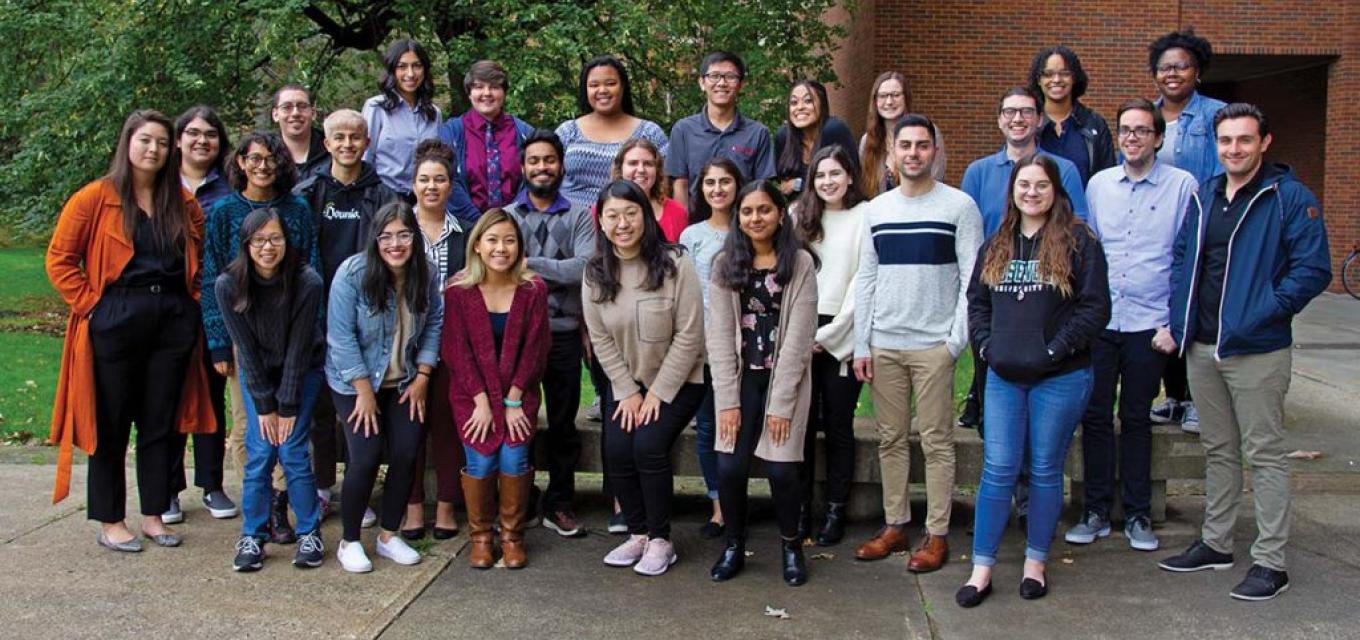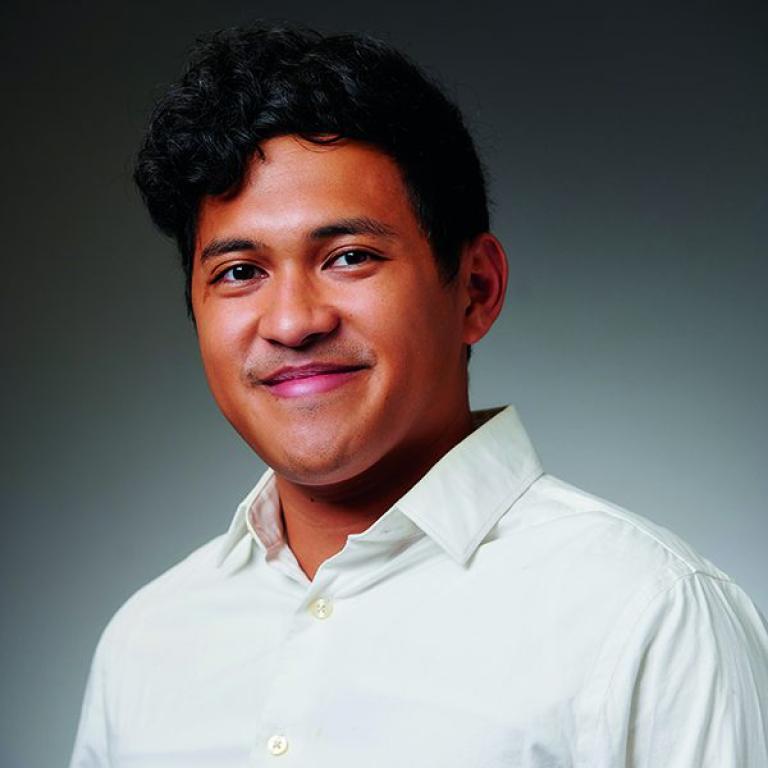2022 Winter

Teaming up to increase psychology’s diversity
Three University departments have partnered in support of underrepresented students.
The Teacher Educator Technology Integration (TETI) program equips educators with skills to seamlessly integrate technology in classrooms, enhancing teaching practices.
The effort was the brainchild of the chairs of the three departments several years ago. Megan Gunnar of ICD, Geoff Maruyama of educational psychology, and Jeff Simpson of psychology were trying to find a way to support underrepresented students in psychology. “They thought combining efforts across the three departments’ diversity committees would increase engagement in diversity-focused efforts and build community for our students,” says Kristen McMaster, the current chair of educational psychology.
At its inception, Tri-Psych had three areas of focus. First, identify faculty, particularly those who study diversity, across the three programs to serve on a sort of council to support students from underrepresented groups. Second, combine graduate students from underrepresented groups from all three programs to provide a broader support group for graduate students. Third, provide guidance to the undergraduate students in the three departments to support those who are underrepresented.
Connecting graduate students through Tri-Psych
“The importance came from the fact that, separately, each of our programs was still growing its diverse student population,” says ICD Director Kathleen Thomas. “Tri-Psych allows students to connect with peers in psychology fields at the University, even if they have a different home department.” She says Tri-Psych is an opportunity for students across the programs to be connected and have a broad area of support.
“The program has funded multiple student initiatives to help connect graduate students across the three departments, and has successfully supported recruitment of undergrads from underrepresented groups into our graduate programs,” McMaster says.
Some of these initiatives include the Tri-Psych Diversity Award, which funds collaborative student proposals that build community across the three units; the Next Gen Psych Scholars Program, a student mentoring group for undergraduates interested in applying to graduate school; and the Diversity Science in Psychology Reading Group.
Visioned by Professor Rich Lee in the Psychology department, the reading group is co-led by Psychology Associate Professor Moin Syed and ICD Associate Professor Gail Ferguson. “The group is still relatively new and serves graduate students and postdoctoral fellows in the psychology department and ICD who want to read, discuss, and learn more about conducting psychological research that attends to the principles of diversity science,” says Ferguson, chair of ICD’s Diversity, Equity, and Inclusion Committee and now the current chair of Tri-Psych.
Increasing diversity in psychology students
Another component of Tri-Psych’s outreach is the Diversity in Psychology Program, which is an investment in inclusion almost a year before new graduate students arrive to begin their studies. Through the program, prospective students are invited to campus to see what U of M’s psychology departments, and graduate training in psychology generally, have to offer.
“The Diversity in Psychology Program is designed for individuals who are historically underrepresented in psychology graduate programs and who are interested in learning about graduate education in psychology,” says McMaster.
“Greater diversity allows us to be more creative in our science…”
The annual event is hosted by the Department of Psychology with support from ICD and the Department of Educational Psychology. It includes a coordinated set of formal and informal experiences designed to familiarize participants with strategies for constructing successful graduate school applications and opportunities to learn more about available programs and the experience of graduate education.
“These events are incredibly important for the future of our research and practice in schools,” says Jessie Kember, a lecturer in educational psychology and chair of the department’s faculty diversity committee. “School psychology as a field is very ethnically and racially homogenous.”
As an example, White practitioners make up about 86 percent of the profession, which is a stark contrast to the students they serve. “We really need to invest in opportunities to recruit and retain students from racially and ethnically minoritized groups to help drive our field forward, especially considering the impact that our field can hold in efforts grounded in social justice, advocacy, and antiracism,” Kember says.
Experiencing Tri-Psych as a Diversity in Psychology student
The Diversity in Psychology Program is what brought Romulus Castelo to CEHD. Currently a third-year PhD student in ICD, he studies cognitive skills called executive functions in preschoolers. He participated in the Diversity in Psychology Program in the fall of 2018, right before the PhD application cycle. “I found it really helpful because I was able to meet potential faculty members to work with and just get a better feel for the program,” he says. “It was also a good opportunity to chat with grad students and ask questions about the program, grad student life, and research.”
Castelo liked the program so much that he not only applied to the PhD program, he served as the ICD grad student representative the following year to meet with other prospective students.
Thuy Nguyen planned to apply to the U of M for graduate school. When she heard about and was accepted into the Diversity in Psychology Program, she was able to visit the U. “The program gave me the information I needed to feel slightly more confident in applying to doctoral programs in general,” she says. “I do not think I would have chosen to apply to my current program without visiting because it very much felt like an unattainable program. Also, I was not quite sure about moving from the East Coast to the Midwest. My visit gave me my first glimpse of Minneapolis and helped me to push myself to apply to a competitive program.”

Currently, she’s a doctoral student in the school psychology program in the Department of Educational Psychology where she studies equitable education focusing on marginalized students’ experiences within schools. Her goal is to become a professor.
Promoting equity and diversity in psychology
And the goal of Tri-Psych, according to everyone involved, is to continue to promote equity and diversity. “Greater diversity allows us to be more creative in our science, and when we are more representative of the multicultural country in which we live, it better equips us to partner with communities in research, intervention, and outreach,” Ferguson says.
-Kevin Moe